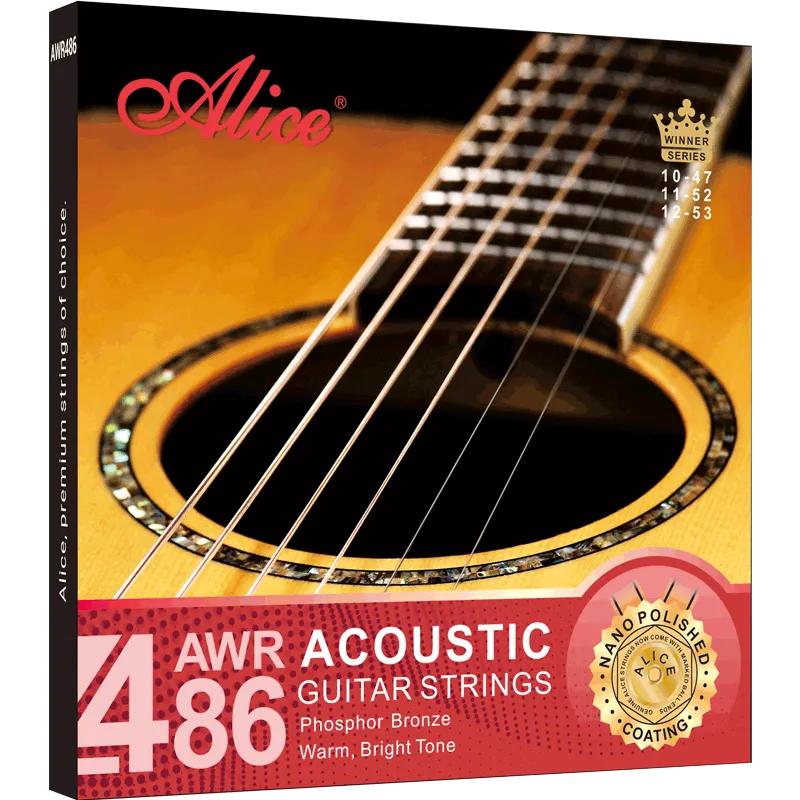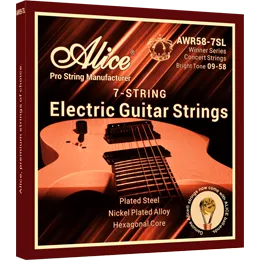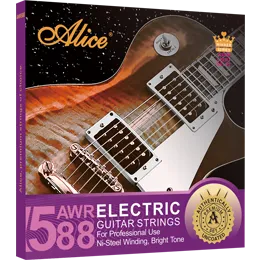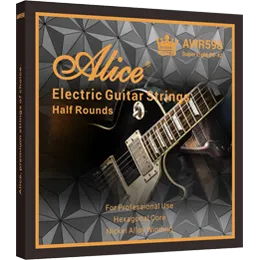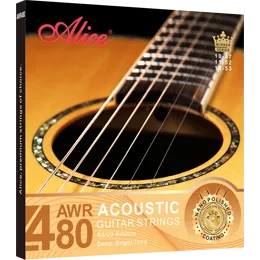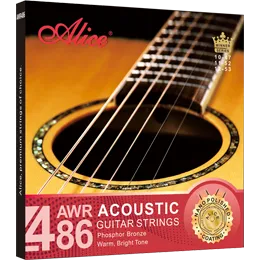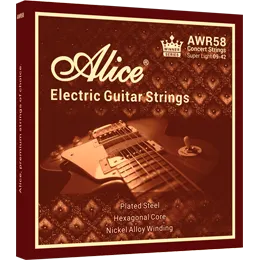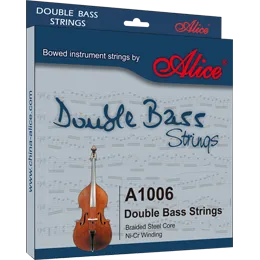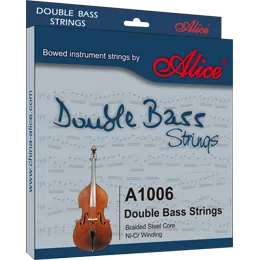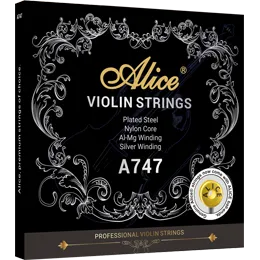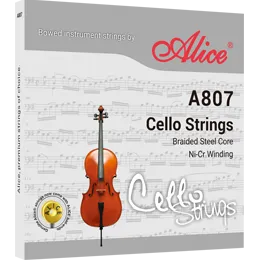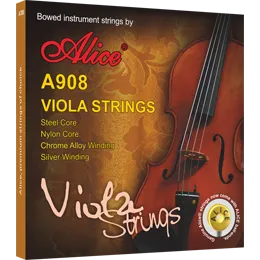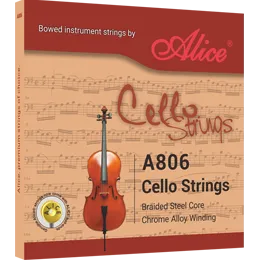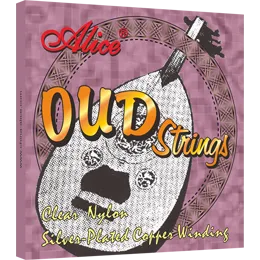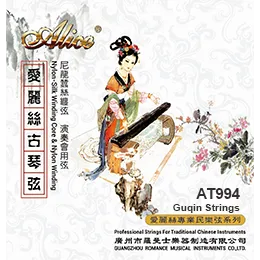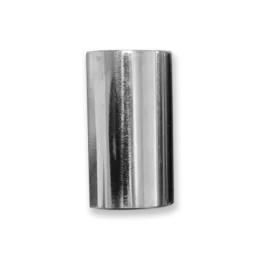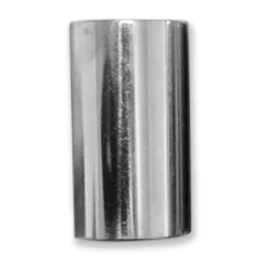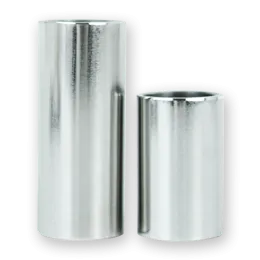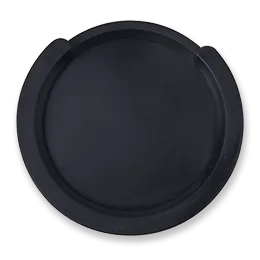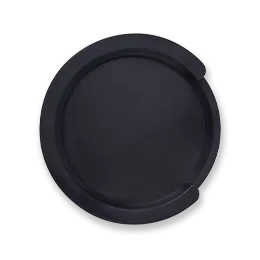Guide of Guitar Strings: Round Wound, Flat Wound, or Half Wound
The winding types of strings are one of the important elements of string construction, affecting the tone and playability of the string. In a guitar string set, the treble strings, like G, B, and high E, are not wrapped in any other material. However, the cores of the bass strings, including low E, A, and D strings, are wrapped in different materials. For example, the bass strings have solid cores wrapped by thin wires. On the other hand, the shape of the outer wrap wire determines the winding type of strings. Three main winding techniques are used on modern guitar strings: round, flat, and half.
This article will discuss the differences between round, flat, and half wound guitar strings. Follow up and keep reading!

The Overview of Round Wound, Flat Wound, and Half Wound Guitar Strings
●Round Wound: Cores of guitar strings are tightly wrapped by thin and round wires. In addition, the cross-section of the outer wrap wire is circular. It's the most common string on the market.
●Flat Wound: Cores of guitar strings are wrapped by flat wires, and the cross-section of the outer wrap wire is square or ribbon-shaped.
●Half Wound: Cores of guitar strings are wrapped by round wires that remove part or all of the outer ridges by the grinder. These strings combine the characteristics of round wound and flat wound strings. However, this type of guitar string is rare in the market.
Main Differences Between the Three Types of Strings
●Tone
Round wound guitar strings produce the brightest sound, accentuate high frequencies, and have more attack and more sustain. However, these strings have more string noise due to their ribbed texture.
The flat wound guitar strings produce the warmest and most retro sound of the three. On the other hand, their smooth polished surfaces effectively eliminate the string noise. Therefore, flat wound guitar strings are ideal for blues, jazz, and modern rock.
The sound of half wound guitar strings combines the characteristics of round wound and flat wound strings. Therefore, they have a warmer tone and a smoother feel than round-wound strings, which helps reduce string noise when changing chords.
●Feel
Round strings have a rough feel that can hurt your fingertips and cause fret wear. While the flat wound strings are smooth, speeding up the playing. This characteristic helps jazz musicians to switch complex chords in their performances. On the other hand, half wound strings are smoother than round wound strings.
●Maintenance
Round wound guitar strings have the shortest lifespan of the three. For example, dirt, sweat, and skin particles can get into the ridges between the cylindrical winds of the wrap wire. As a result, the strings will age and the sound of the strings will start to deaden. Meanwhile, one of the advantages of flat wound guitar strings is that they last the longest compared to the other two string types. This type of guitar string has no ridges in its wrap wire that leave dirt and grease, helping to prevent the strings from dulling and prolongs its lifespans. On the other hand, the service life of half round strings is between that of round wound and flat wound strings.
Why Choose Alice Strings as Your Supplier

Established in 1999, Alice Strings is a professional manufacturer of musical instruments and accessories, integrating independent R&D, automated production, global sales, and after-sales service.
In addition, all materials and products are rigorously tested according to ISO9001:2015 standard. Our company offers a wide range of half wound, flat wound, and round wound guitar strings. Moreover, we offer more than 2,000 products to meet the needs of music lovers, including classical guitar strings, acoustic guitar strings, electric guitar strings, acoustic bass strings, and more.
If you are looking for a reliable supplier, contact us!
Relate News
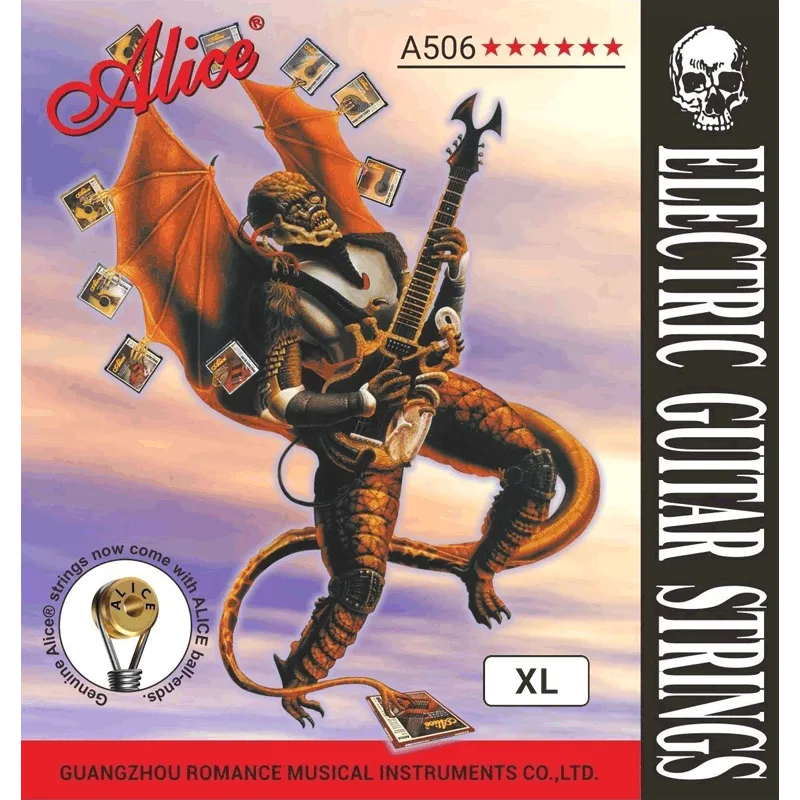
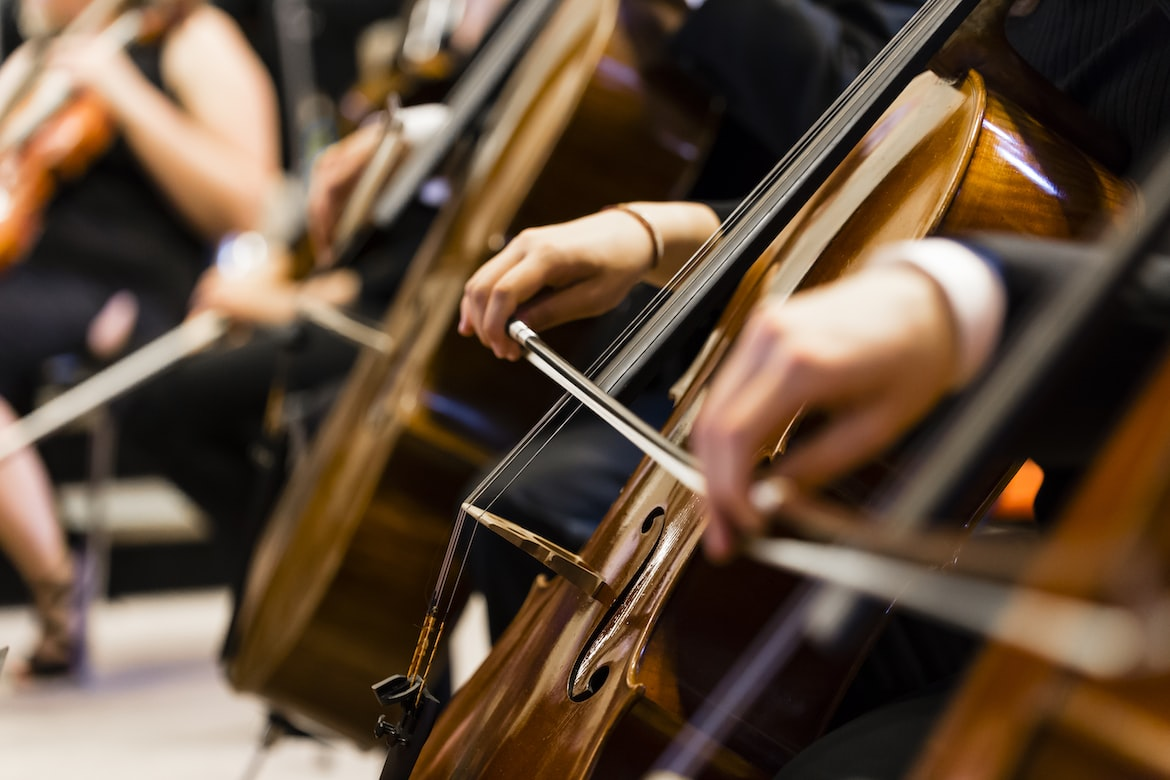
How to Choose the Right Guitar Strings for Your Guitar
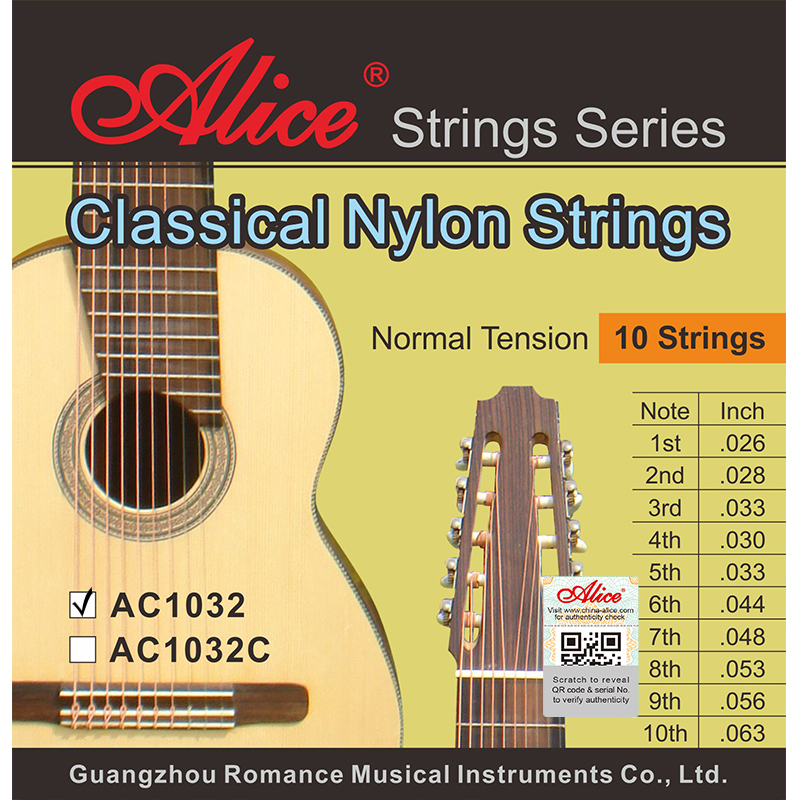
Nylon Strings for Classical Guitars: Everything You Need to Know
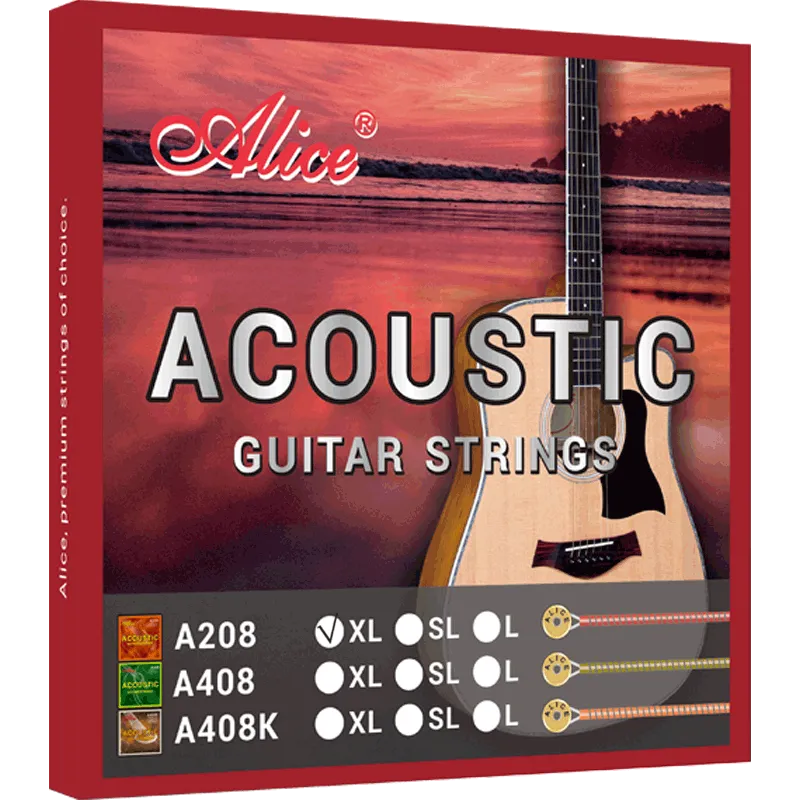
5 Key Indicators to Identify High-Quality Acoustic Guitar Strings
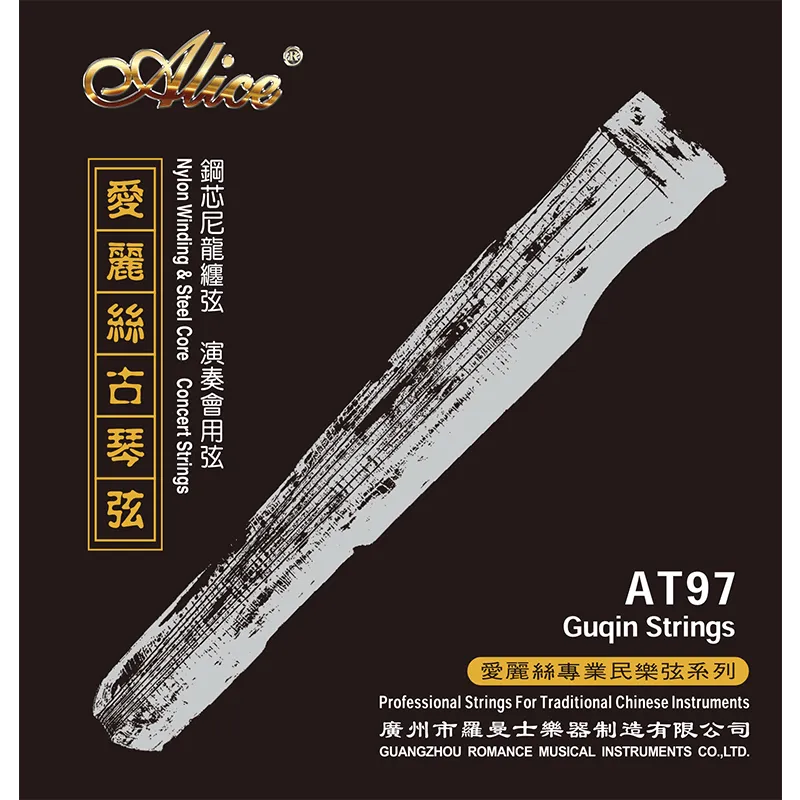
What Are Guqin Strings Made Of?
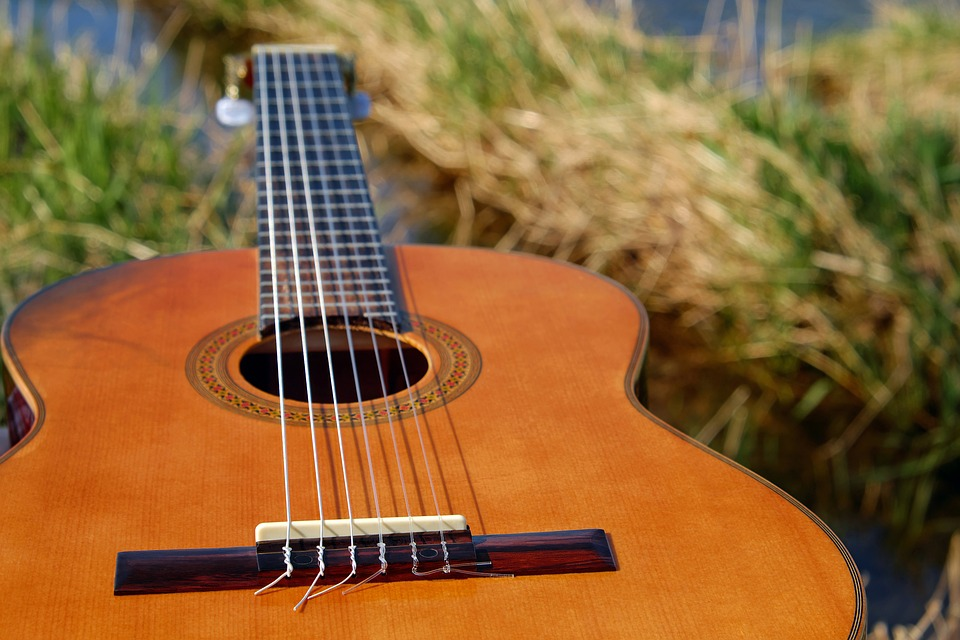
Silk Strings, Steel Strings, and Nylon Strings: Which Is Best for Your Traditional Music Performance?
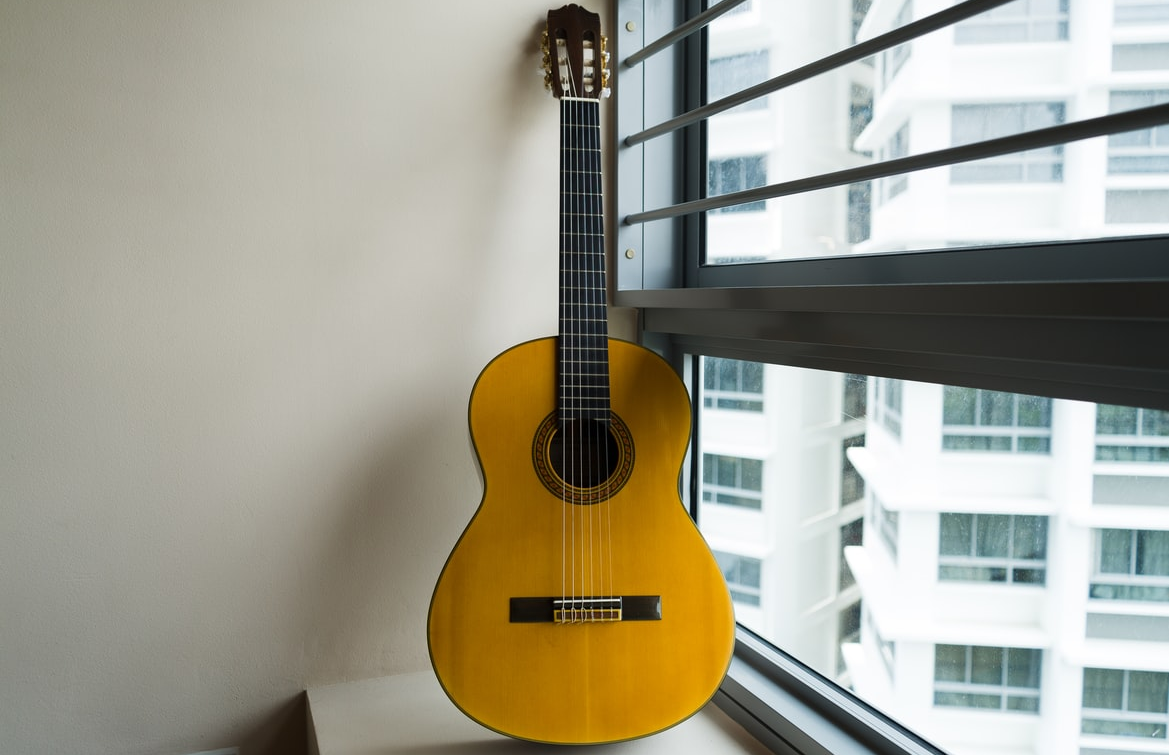
Complete Guide to Guitar String Materials

Orchestral Strings Explained: A Beginner-Friendly Guide to Violin, Viola, Cello, and Double Bass
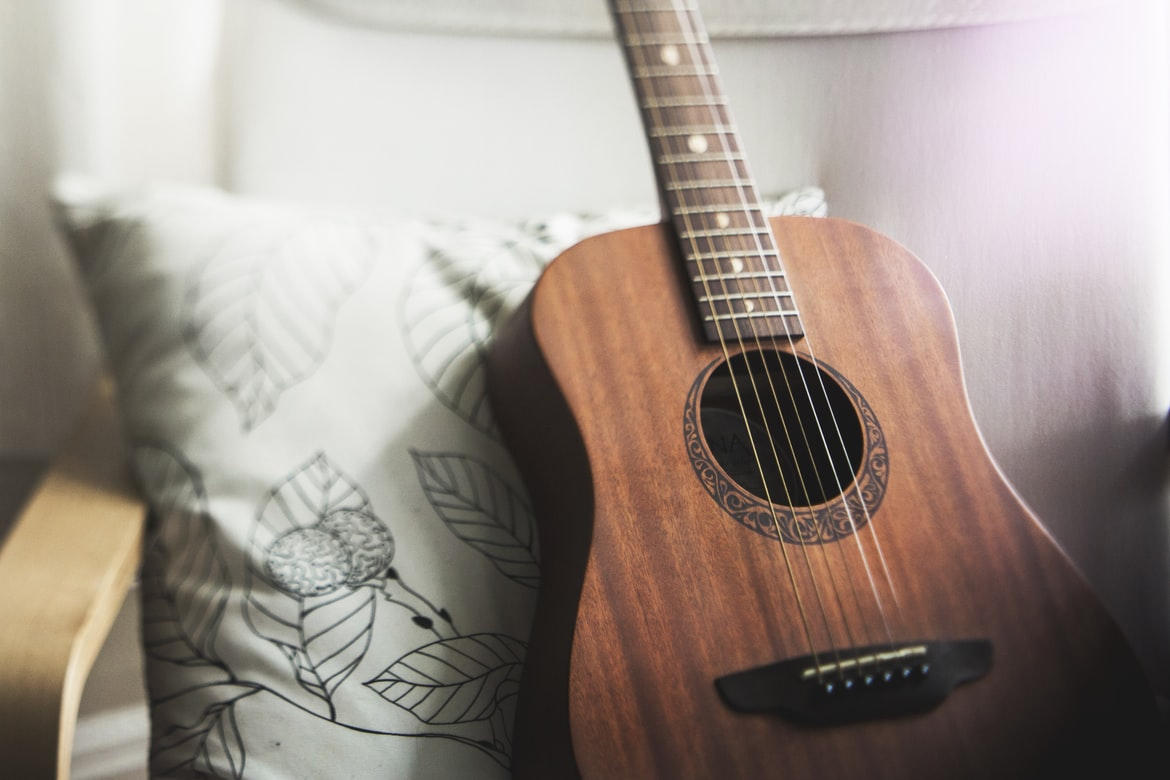
Tone Comparison of Brass Alloy, Phosphor Bronze, and Coated Guitar Strings

How to Choose the Right Guitar Strings for Your Performance: A Scenario-Based Buying Guide
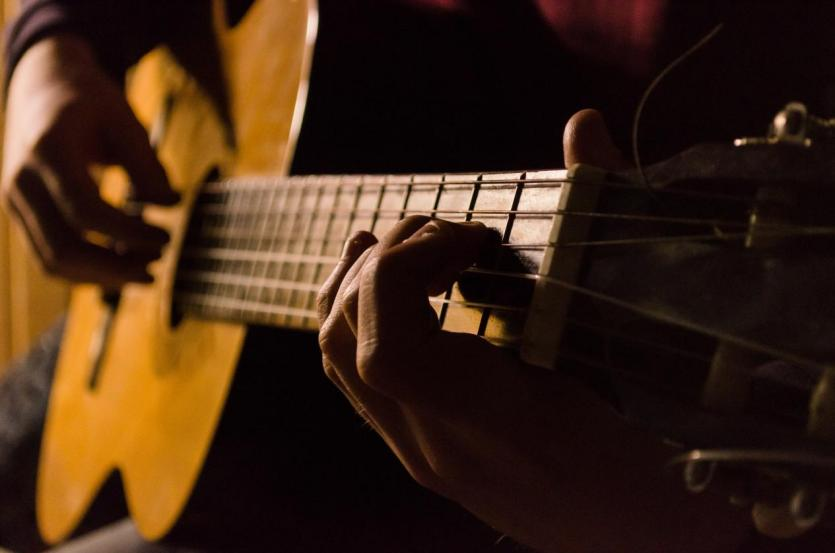
OEM Guitar String Customization: A Detailed Guide to the Process
